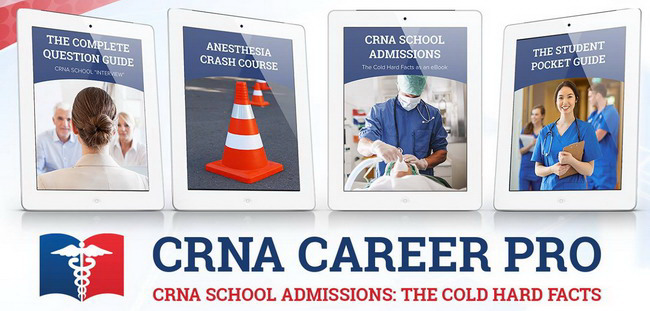
Unlocking Success: Your Ultimate Guide to CRNA School Admissions
Are you aspiring to become a Certified Registered Nurse Anesthetist (CRNA)? Your journey begins with the critical step of getting into CRNA school. The admissions process may seem daunting, but fear not! This comprehensive guide is tailored to provide you with valuable insights and tips to optimize your CRNA school admissions journey.
1. Understanding the CRNA Pathway
Before delving into the nitty-gritty of the admissions process, let’s first grasp the CRNA pathway. Aspiring CRNAs need a solid foundation in nursing, typically with a Bachelor of Science in Nursing (BSN) degree. This sets the stage for pursuing a Master’s or Doctorate in Nurse Anesthesia. Now, let’s explore the key aspects of CRNA school admissions.
2. Crafting an Impressive CRNA Personal Statement
Your personal statement is your introduction to the admissions committee. Make it count! Mention your passion for anesthesia, experiences that fueled your interest, and your long-term career goals. Ensure that your dedication to patient care and the anesthesia field shines through. A well-crafted personal statement is your ticket to standing out from the competition.
3. Garnering Strong Letters of Recommendation
Letters of recommendation play a pivotal role in your CRNA school application. Aim for recommendations from healthcare professionals who can attest to your clinical skills, work ethic, and dedication. These testimonials provide a glimpse into your capabilities and character, influencing the admissions committee’s decision positively.
4. Excel in Your CRNA Program Prerequisites
CRNA programs have specific prerequisites, and meeting these requirements is crucial. From advanced physiology to pharmacology, ensure that you have a strong academic foundation in the necessary subjects. Admissions committees closely scrutinize your academic history, so investing time in excelling in these prerequisites is a wise strategy.
FAQs
FAQ 1: What are the Key Steps in CRNA School Admissions?
The CRNA school admissions process involves multiple steps, including completing a BSN, gaining clinical experience, submitting a compelling personal statement, securing strong letters of recommendation, and excelling in program prerequisites. Demonstrating commitment and passion for the field is paramount.
FAQ 2: How Can I Stand Out in my CRNA Personal Statement?
To stand out in your CRNA personal statement, focus on your unique experiences and how they have shaped your desire to become a CRNA. Highlight relevant achievements, challenges overcome, and express genuine enthusiasm for the field. Craft a narrative that captivates the reader and underscores your commitment to anesthesia.
FAQ 3: What Should I Look for in a Recommender for my CRNA Application?
Choose recommenders who can speak to your clinical abilities, work ethic, and dedication to nursing. Ideally, these should be healthcare professionals who have observed your performance in a healthcare setting. Their testimonials should provide a holistic view of your capabilities, reinforcing your suitability for a CRNA program.
FAQ 4: Why Are Program Prerequisites Important for CRNA Admissions?
CRNA programs have specific prerequisites to ensure that incoming students have a strong academic foundation. Admissions committees assess your ability to handle the rigorous coursework by reviewing your academic history. Meeting these prerequisites demonstrates your readiness for the challenges of a CRNA program.
5. Nailing the CRNA School Interview
Congratulations! You’ve made it to the interview stage. This is your opportunity to showcase your interpersonal skills, professionalism, and depth of knowledge. Prepare for questions related to anesthesia, ethical scenarios, and your motivation for pursuing a CRNA career. Practicing with a mentor or friend can boost your confidence and enhance your performance on interview day.
6. Showcasing Your Clinical Experience
CRNA programs highly value hands-on experience in a clinical setting. Whether you’ve worked as a nurse in an intensive care unit (ICU) or another critical care area, emphasize the depth and relevance of your clinical experience. The admissions committee wants assurance that you can handle the demands of administering anesthesia in various medical scenarios.
7. Financial Planning for CRNA Education
Let’s not overlook the financial aspect of CRNA education. Research tuition costs, potential scholarships, and financial aid options. Some programs offer assistantships or fellowships that can alleviate the financial burden. Being financially prepared ensures that you can fully focus on your studies without the stress of monetary concerns.
8. CRNA Program Accreditation: A Vital Consideration
When exploring CRNA programs, prioritize accredited institutions. Accreditation ensures that the program meets stringent educational standards, providing you with a high-quality education and increasing your credibility in the job market. Check for accreditation from bodies such as the Council on Accreditation of Nurse Anesthesia Educational Programs (COA).